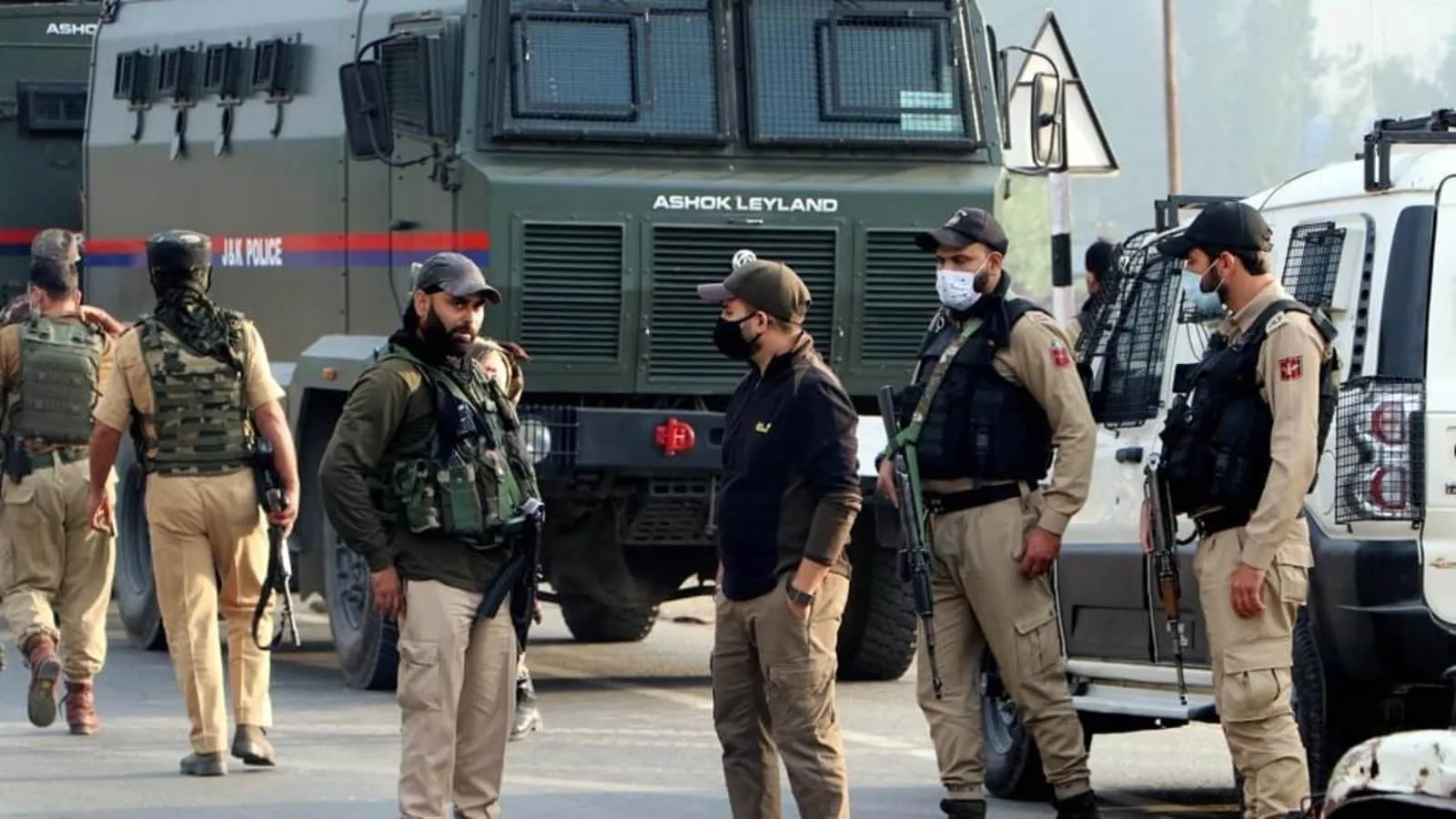NEW DELHI — In a major counter-terror operation, Jammu and Kashmir’s Counter-Intelligence Kashmir (CIK) unit detained ten individuals on Saturday for allegedly using encrypted messaging applications to coordinate, finance, and execute terror activities under the direction of Pakistan-based handlers.
The suspects, according to investigators, were radicalised by operatives believed to be in touch with Abdullah Gazi, an active handler associated with Lashkar-e-Taiba (LeT) and Jaish-e-Mohammed (JeM). These terror modules were reportedly operating in close coordination with Pakistan’s intelligence agency ISI.
Encrypted communication was a key component of this network. Officials said several of the accused used a “specific encrypted messaging application” widely employed by cross-border terrorist handlers to orchestrate operations remotely, including the recruitment of local youth.
Digital Trails, Pakistani Modules and Cross-Border Links
Investigators discovered that servers used by the suspects were linked to a terror module based in a well-known Pakistani city. During coordinated raids across 10 locations in Budgam, Pulwama, Ganderbal, and Srinagar, the CIK seized a significant cache of digital devices and documents.
Algoritha: The Most Trusted Name in BFSI Investigations and DFIR Services
“This was part of a long-pending investigation into a two-year-old terror case under the Unlawful Activities (Prevention) Act and Section 120-B of the IPC,” an official said. Traces of suspicious technical signatures were identified at the targeted sites, confirming fears of foreign operational backing.
The police indicated that the seized data may unlock further leads in the coming days. “So far, 10 suspects have been rounded up. The analysis of seized evidence is ongoing and will be crucial in tracking the wider nexus,” one senior officer confirmed.
Youth Recruitment and Ecosystem Disruption
According to police statements, the broader goal of the operation is not just to arrest individuals, but to dismantle the terror ecosystem and prevent further radicalization of local youth. “This operation aims to uncover crucial evidence, prevent misuse of mobile phones, and identify Over Ground Workers (OGWs) who assist foreign terror outfits,” said an official.
By exposing the encrypted pathways and digital footprints, the police hope to counter not only operational modules but also the ideological recruitment machinery behind them.
Legal proceedings against the detained suspects are underway. Authorities reiterated their commitment to ensuring that the region does not slip back into a terror-conducive climate.



